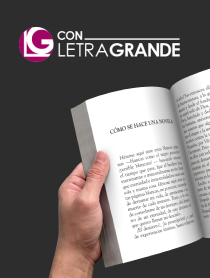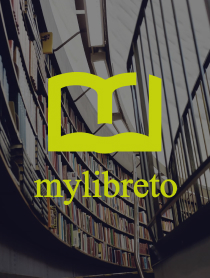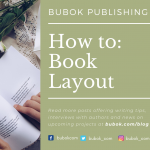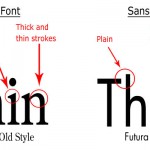Voice is one of the major components of a great piece of writing. Do you know what that is? Have you struggled to craft both an artistically authentic but also effective voice? Well in this post I’ll be helping you define voice and hopefully equip you with some tools and techniques to do so.
Firstly let us work out what we mean by voice:
Well, VOICE in creative writing; whether it’s poetry, drama or prose etc… refers to creating:
• Voices within the text such as dialogues, quotes from other texts…
• The narrator’s voice in prose/poetry.
• The voice we hear in our heads as we read.
• Or simply the actual “voice” when the text is read aloud.
What Tools & Techniques should we use?
Now that we have the definition out of the way, how about we learn few tools that writers use to effectively create voice. To create voice, authors rely on a range of language choices:
• The register used. This includes levels of formality (e.g. Mate, Dear sir…), and terms of address (e.g. Dad, My father…).
• Dialect / accent / slang
• https://www.youtube.com/watch?v=1glwVx_4BFg watch Daljit Nagra’s take on voice change in poetry.
• Idiolect: In linguistics this means an individual’s distinctive and unique use of language, including speech. This unique usage encompasses vocabulary, grammar, and pronunciation. It differs from a dialect, which is a common set of linguistic characteristics shared among some group of people. Writers may choose to create idiolects for their characters.
• Prosody, which are features that indicate the emotional state of the speaker and how the text should be spoken:
*Text form, e.g. statement, question, or command
*Presence of irony/sarcasm ,emphasis,contrast, focus
*Use of punctuation (e.g.? and !, capitals, italics)
E.g.: “I want to be near you, got to be with somebody, I can’t be alone! Because – as you must have noticed – I’m – not very well! (Blanche from Streetcar Named Desire).
E.g.: CONGRATULATIONS AND HURRAY for you!
E.g.: Surely you could see that, even if he couldn’t?
E.g.: I like your red shoes.
I hope this post helped you dear aspiring writer understand the concept of VOICE in creative writing. Now go on and start writing, there is no better time like the present.



 13 / September / 2017
13 / September / 2017 






































 Recent Comments
Recent Comments
